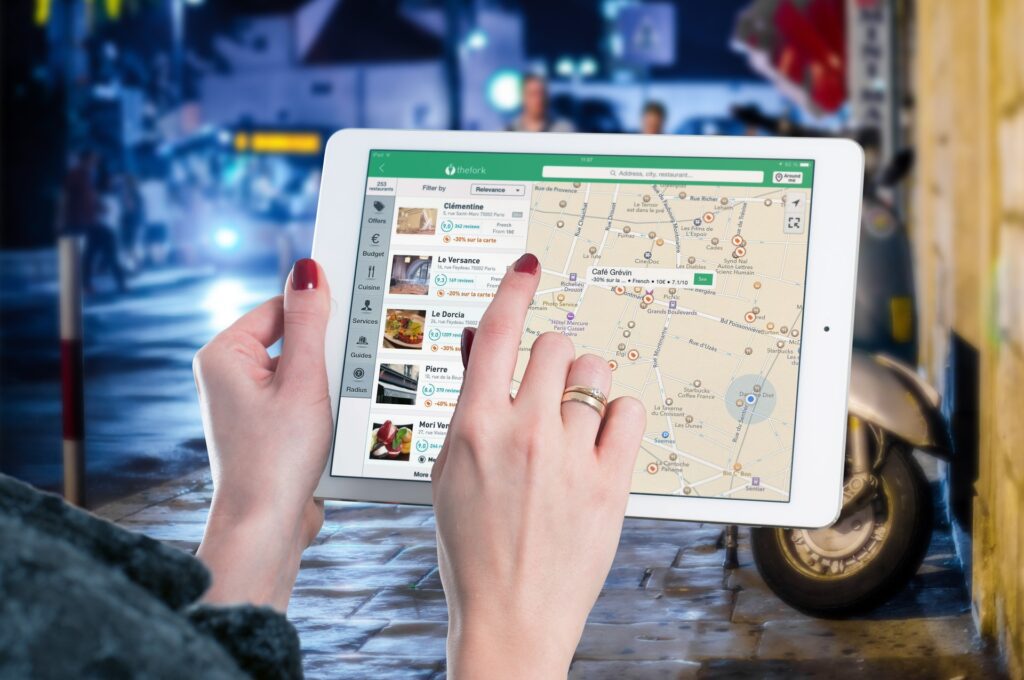Starting your own business from scratch is never an easy endeavour. It doesn’t matter how good of an idea you have or how much education and experience in the field you have as there is never a guarantee that your company will succeed.
However, going on this entrepreneurial journey can be very fulfilling and it’s not something you should decide against just because it might be difficult. To help you out, we’ve made a list of things you must consider when starting a business.
Keep on reading.
Make sure your idea is viable

You probably already have an idea in mind that you would like to turn into a business. Before you invest money into its realization, you need to make sure it is viable.
So, do some market research to see whether there is a need for such a product/service. For instance, a product might not be in demand in Europe but people in Australia might go crazy over it. Scope out your competition and check if you can go head-to-head with them.
Furthermore, you need to understand your audience as that is something that will help you think of a great marketing plan.
Create a business plan
Once you’re sure that the idea you came up with is something that people need and want, you can write your business plan. Start by looking into what is necessary to incorporate your business – seeing as how laws are different in most countries, check with local experts what the steps you need to take are.
Decide on the name and company model, develop your budget and state where you see yourself in a year, five and ten.
Think about your finances

Finances are a big part of starting a company. If you don’t have enough money saved up, you might have to look for alternative ways of funding your business. From bank loans and some help from your friends and family all the way to angel investors and crowdfunding, options abound.
What is important, however, is that you don’t burden yourself too much and become unable to pay the money back.
Don’t forget about taxes
Another big aspect that cannot be neglected when opening and running a business is taxes. If you do something wrong in the beginning, you can have a lot on your plate later on. Moreover, every country has its own taxation system.
From personal, city and country taxes all the way to sales and corporate taxes, this field can be very confusing which is why professional advice is always welcome. For example, if you’re located in Australia, consulting with tax agents in Glebe or other suburbs early on can help with setting everything up properly.
Find the right location

After you’ve decided on a name, chosen the business model and worked out your finances, you can start looking for the perfect location for your company. This will mostly depend on your type of work.
If you plan on opening a shop or dealing with walk-ins, you need to look for a place in a busy part of town that doesn’t already have a store like yours. It should also be easily accessible.
On the other hand, if you don’t have meetings with clients face-to-face, maybe you’d like to put your premises in a less traffic-heavy area, with a lot of parking that your employees will find useful. All in all, you need a location that will complement your business goal.
Start building your team
Knowing how you expect the business to operate on a day-to-day basis will help a lot when deciding how many employees you need. Perhaps you will be doing everything on your own in the beginning. Maybe you’ll outsource important tasks like IT and accounting to local firms.
However, when you do start bringing people in, you need to make sure you create a positive company culture they can thrive in. That means that you have to be supportive, train them properly and inspire them to continue to improve which will definitely help your business grow as well.
Conclusion
Setting up your company and opening its doors to customers is only the first step in your journey.
After that, you will have to think about how you will scale your business, whether you want to expand to different fields and territories and what you can do to make your product/service even better than before and keep your clients satisfied.




